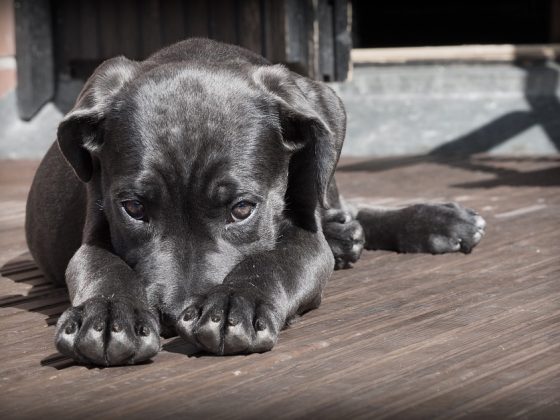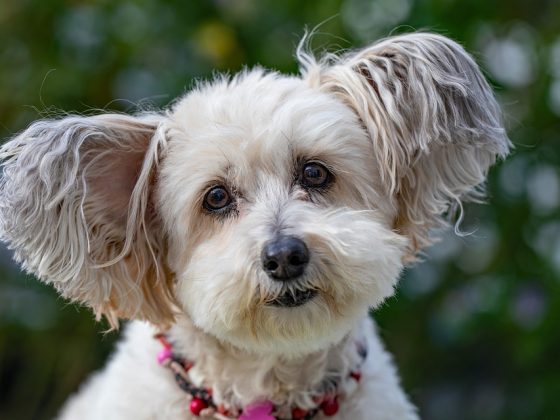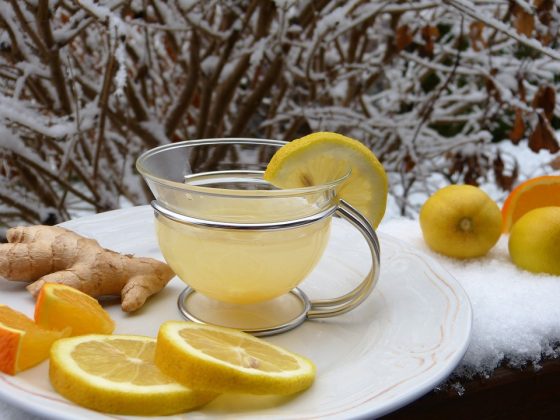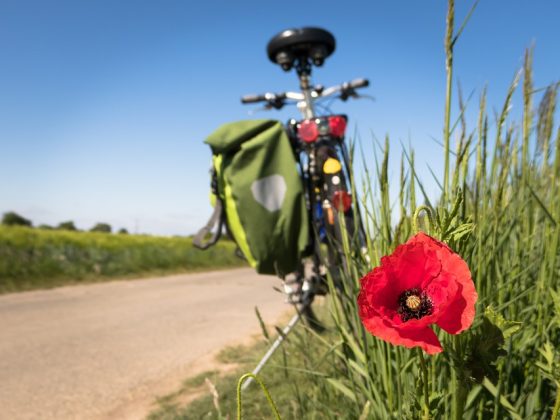Welcoming a new puppy into your home is an exciting and joyful experience. However, along with all the cuddles and playtime, there are also important responsibilities that come with being a puppy parent. One of the most crucial aspects of caring for your new furry friend is ensuring they receive the necessary vaccinations to keep them healthy and protected from potentially deadly diseases.
Puppy vaccinations are essential for preventing infectious diseases that can be transmitted from other dogs, wildlife, or even the environment. By vaccinating your puppy, you are not only protecting their health but also the health of other pets they may come into contact with. Understanding the basics of puppy vaccinations is key to ensuring your pup grows up healthy and happy. In this article, we will cover everything you need to know about puppy vaccinations, from the different types of vaccines to the recommended vaccination schedule.
Types of Vaccinations for Puppies
There are several vaccines that are commonly recommended for puppies to protect them from a variety of infectious diseases. Some of the most common vaccines include:
1. Core Vaccines: These vaccines are considered essential for all puppies and provide protection against diseases that are widespread and highly contagious. Core vaccines for puppies typically include protection against distemper, parvovirus, adenovirus, and rabies.
2. Non-Core Vaccines: Non-core vaccines are recommended based on the lifestyle and risk factors of your puppy. These vaccines may provide protection against diseases such as leptospirosis, bordetella (kennel cough), and Lyme disease.
3. Combination Vaccines: Combination vaccines are vaccines that protect against multiple diseases in a single shot. These vaccines are convenient and reduce the number of injections your puppy needs to receive.
Recommended Vaccination Schedule for Puppies
Puppies receive a series of vaccinations starting at around 6-8 weeks of age and continuing every 3-4 weeks until they are around 16 weeks old. The exact vaccination schedule may vary based on the specific vaccines being administered and your puppy's individual health needs. It is important to work with your veterinarian to develop a personalized vaccination schedule for your puppy.
FAQs About Puppy Vaccinations
Q: Can my puppy go outside before completing their vaccination series?
A: It is important to avoid taking your puppy to public places or areas where other dogs frequent until they have completed their full vaccination series. This is to protect them from potentially infectious diseases that they may be exposed to in these environments.
Q: Are there any side effects of puppy vaccinations?
A: Most puppies tolerate vaccinations well and experience no side effects. However, some puppies may experience mild side effects such as swelling at the injection site, mild fever, or lethargy. These side effects typically resolve on their own within a day or two.
Q: Can my puppy receive vaccinations if they are sick?
A: It is generally recommended to wait until your puppy is feeling better before receiving vaccinations. Vaccinating a sick puppy may not be as effective and could potentially worsen their condition.
Q: How long do puppy vaccines provide protection?
A: The duration of immunity provided by vaccines can vary depending on the specific vaccine and the individual puppy. Some vaccines may require booster shots to maintain protection, while others may provide long-lasting immunity.
Q: Can my puppy be vaccinated if they are nursing?
A: Puppies receive some immunity from their mother's milk, but this immunity gradually decreases as they age. It is important to follow the recommended vaccination schedule to ensure your puppy is adequately protected as they grow.
In conclusion, puppy vaccinations are a crucial aspect of responsible pet ownership. By ensuring your puppy receives the necessary vaccinations, you are not only protecting their health but also the health of other pets in your community. Working closely with your veterinarian to develop a personalized vaccination schedule for your puppy is the best way to keep them healthy and happy for years to come.











